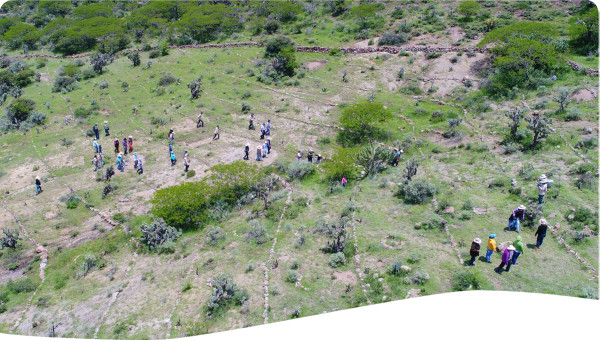This paper examines the performance of water user associations (WUAs) and the role of actors, power relations, socio-institutional dynamics, and context in supplying water to poor urban and peri-urban neighborhoods of Malawi’s two major cities. Using a preliminary survey, key-informant interviews, focus groups, secondary data, and insights from the community-based natural resources management (CBNRM) literature and common-pool resources (CPR) theory, it argues that while a business-based WUA model can enhance water supply and access, the urban/peri-urban and historical context alters the nature of water and social actors and power relations involved, causing tradeoffs between water-supply and social goals of ownership, participation, and empowerment. The ensuing tradeoffs demonstrate that water supply to the urban/peri-urban landscape through community-based initiatives require flexibility in CBNRM expectations.
Description / Abstract
Publication year
Country
Region
Publisher
Thematic Tagging
English
 Resource -
Resource -
